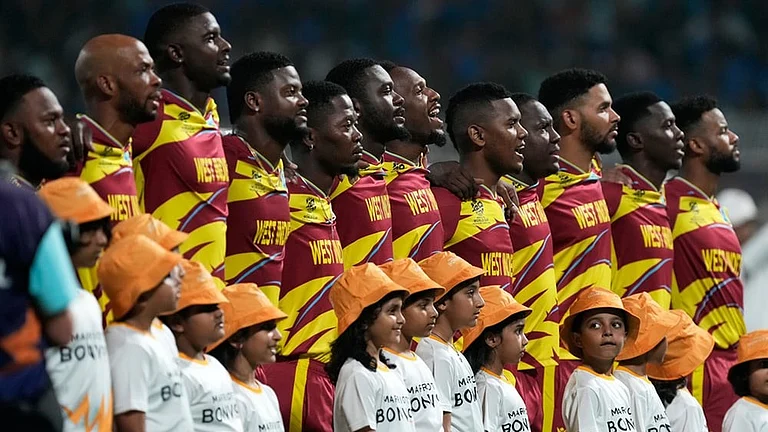The Supreme Court on Tuesday SC allowed IAS officer Shah Faesal and activist Shehla Rashid Shora’s plea for deleting their names from the list of petitioners challenging the scrapping of Article 370 – the day-to-day hearing for which is slated to begin from August 2.
A five-judge Constitution Bench headed by Chief Justice DY Chandrachud will take up the matter regarding the contentious abrogation of the law which took away Jammu and Kashmir’s special status and divided the erstwhile state into two union territories. The bench, also comprising Justices Sanjay Kishan Kaul, Sanjiv Khanna, BR Gavai and Surya Kant, fixed July 27 as the deadline for filing of written submissions and convenience compilations by different parties.
Rashid and Faesal were among the 23 petitioners who had moved the Supreme Court in 2022, challenging the Union government’s 2019 decision.
On 5 August 2019, the Centre had issued an order amending The Constitution (Application to Jammu and Kashmir) Order, 1954, replacing it with a new order that made “all the provisions of the Constitution” applicable to the erstwhile state. This meant the withdrawal of the special status the region used to enjoy. In addition to that, the government also amended Article 367 to add a new Clause (4), making the Constitution of India directly applicable to J&K. As a result, the President assumed all functions of the J&K government.
Bureaucrat-turned-politician Shah Faesal first made headlines in 2009 when he topped the civil services entrance exam - UPSC - becoming the first Kashmiri to do so. However, in 2018, he resigned from IAS in protest against “unabated” killings in J&K. He formed his political party called J&K People’s Movement. He was among hundreds of people, who were detained over protests against the changes in J&K’s constitutional status a year later.
In 2020, Shah Faesal was relieved from his party on his request. Last year, Faesal applied for reinstatement in government service and was accepted.
Shehla Rashid, a prominent face in the agitation demanding the arrest of student leaders like Umar Khalid and Kanhaiya Kumar, has served as the vice president of the students' union at Jawaharlal Nehru University (JNU). She had also joined Shah Faesal’s party but later quit after Faesal’s exit.
Why Did Shah Faesal And Shehla Rashid Withdraw Their Petition?
In September last year, Faesal told the Supreme Court that he did not want to be a part of the plea against Article 370 nullification.
A few days ago, the bureaucrat shared a photo of a poster of the G20 event in Kashmir and said, “370, for many Kashmiris like me, is a thing of the past.”
Earlier today, Senior advocate Raju Ramachandran, who is leading the petitioners challenging the constitutional validity of abrogation of Article 370, said two petitioners -- IAS officer Shah Faesal and Shehla Rashid Shora -- have filed an application for withdrawal of their names from the list of petitioners. Solicitor General Tushar Mehta, appearing for the Centre, said he has no difficulty if anyone wishes to withdraw his or her name from the list of petitioners.
At the fag end of the hearing, senior advocate Gopal Sankaranarayanan, appearing for one of the petitioners, said Shah Faesal's withdrawal from the list of petitioners will create a problem as far as the case title is concerned since he was the lead petitioner.
The bench, however, clarified that it will be appropriate for the present case to be titled as 'In Re: Article 370 of the Constitution' and this will not create any problem for any party to the matter.
The hearing will be held every day from August 2, except on Mondays and Fridays, which are days for hearing miscellaneous matters in the apex court.






















